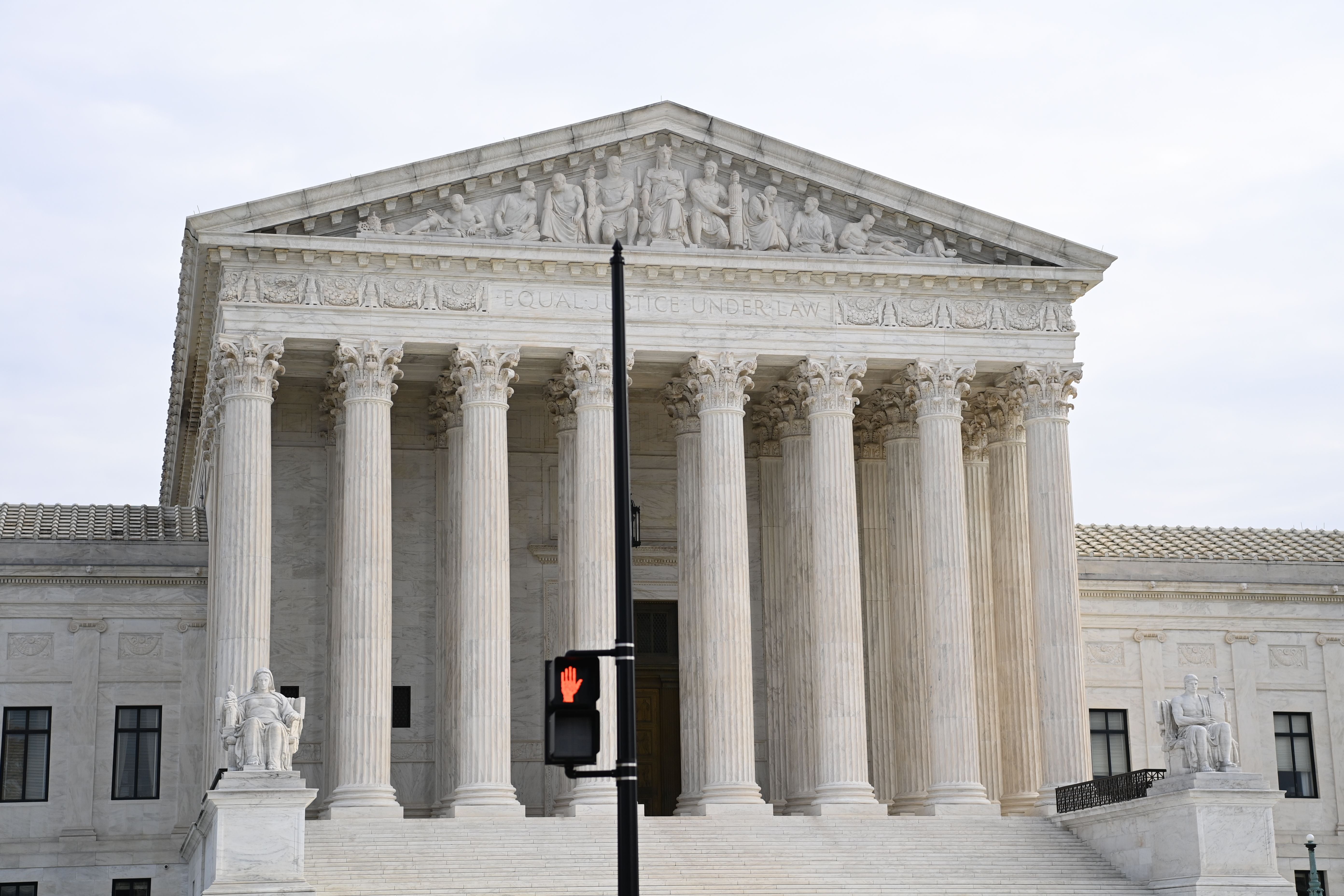Democrats to unveil bill adding four new justices to the Supreme Court
The bill aims to expand the number of Supreme Court justices from nine to 13

House and Senate Democrats are planning to introduce a legislation on Thursday that seeks to expand the number of Supreme Court justices from nine to 13.
The bill, bound to draw fierce opposition from Republican lawmakers, is led by senator Ed Markey and representatives Jerrold Nadler, Hank Johnson and Mondaire Jones who will introduce it in both the chambers.
The legislation comes days after president Joe Biden announced the formation of a bipartisan commission to study potential Supreme Court reforms including the expansion and limiting terms of the justices.
Currently, Supreme Court justices have life tenure and serve the court until they die, resign, retire or are impeached and removed from the office.
While advocates have been pushing for addition of seats to the Supreme Court, not much has moved as the count remains at nine since 1869. Mr Biden has not taken a clear position on the matter, as even though he said that he is “not a fan” of the idea, he moved to establish a commission to look into the concerns surrounding the expansion of court.
Republicans and many moderate Democrats are opposed to the idea of what they sometimes refer to as “court-packing.”
Senate Republican leader Mitch McConnell said the idea of expanding the court was “a direct assault on our nation’s independent judiciary and yet another sign of the Far Left’s influence over the Biden administration”.
The discussion around the expansion of court has taken a new urgency as the 6-3 conservative majority of justices is poised to consider key questions surrounding voting rights, abortion rights, civil rights, gun control and access to healthcare in the coming years.
Activists and liberals believe the expansion should be considered to counter the entrenched conservative majority which is going to decide on key matters. “Adding seats is the only way to restore balance to the court, and Congress should get started right away,” Aaron Belkin, the head of the liberal group Take Back the Court, said last Friday.
The calls for expansion of the highest court grew louder last year after the then-president Donald Trump appointed conservative judge Amy Coney Barrett to the bench days before November’s presidential election.
Her appointment was decried by Democrats, as the Senate Republicans, led by then-majority leader McConnell had earlier blocked Barack Obama’s nomination of Merrick Garland to the bench months before the 2016 election.
Senate Republicans refused to consider Mr Obama’s nominee to fill a vacancy left by conservative Justice Antonin Scalia’s death, saying it would be inappropriate to confirm a justice during a presidential election year. Ultimately, Mr Trump-nominated Neil Gorsuch went on to fill the Supreme Court vacancy left during Mr Obama’s tenure.
Ms Barrett, who was appointed to the bench after the death of liberal justice Ruth Bader Ginsburg was the third Supreme Court appointee during Mr Trump’s single term.
Earlier, he had appointed Brett Kavanaugh to fill the position vacated by retiring associate justice Anthony Kennedy. His appointment was surrounded by allegations was sexual assault and sexual misconduct. Mr Kavanaugh denied all the accusations and was subsequently confirmed by the Senate in October 2018.
Additional reporting from the wires
Join our commenting forum
Join thought-provoking conversations, follow other Independent readers and see their replies
Comments
Bookmark popover
Removed from bookmarks